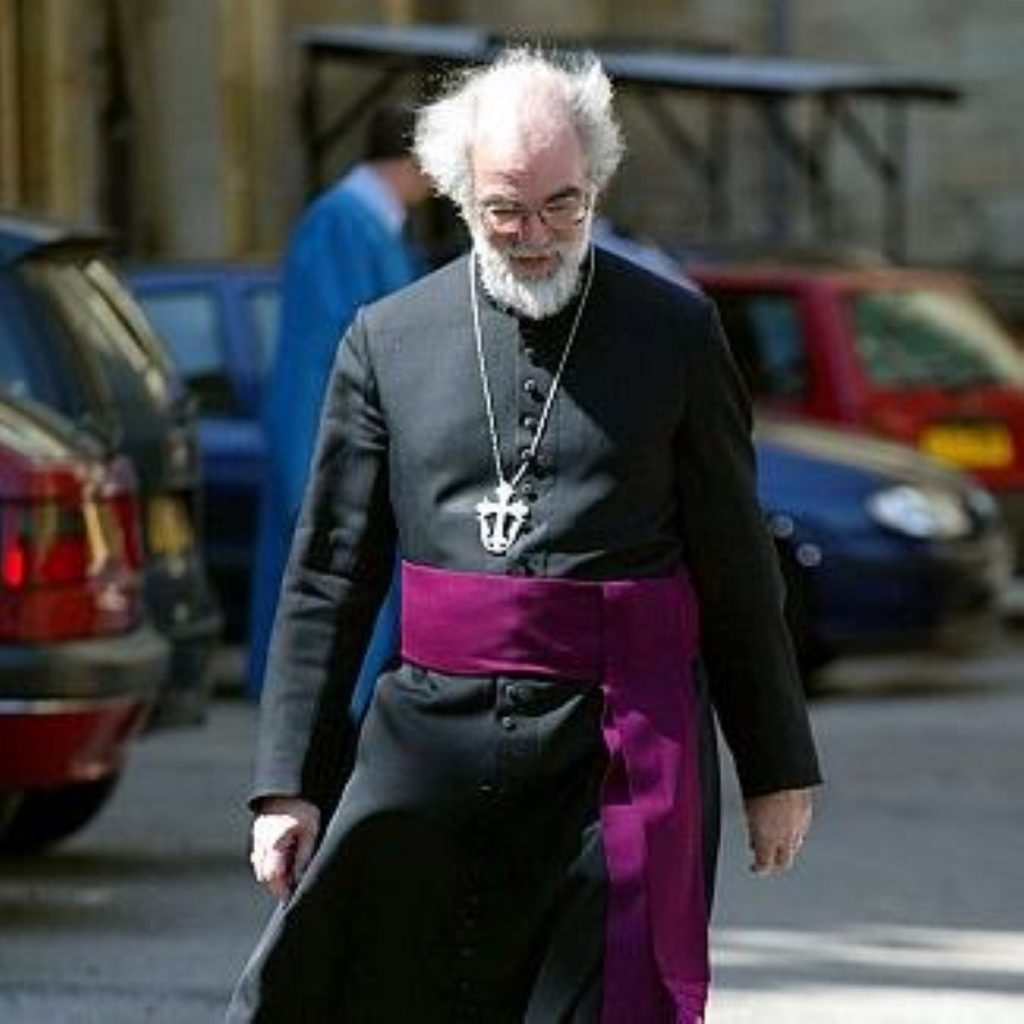Archbishop launches blistering attack on coalition
By <a href-="http://twitter.com/iandunt">Ian Dunt</a>
The Archbishop of Canterbury triggered a spectacular row today, weighing in against the coalition and suggesting it was fundamentally undemocratic.
In an intervention which is likely to raise questions about his increasingly political role at the centre of religious life in England, Rowan Williams argued that the government was undertaking a policy agenda which could not be squared with its electoral mandate.
"With remarkable speed, we are being committed to radical, long-term policies for which no one voted," he wrote during a guest-editorship with the New Statesman.


"At the very least, there is an understandable anxiety about what democracy means in such a context."
Using the example of Michael Gove's 'free schools' programme, which was passed through parliament with a speed typically reserved for emergency anti-terror legislation, the archbishop suggested that fundamental change was being passed without sufficient debate.
"The comprehensive reworking of the Education Act 1944 that is now going forward might well be regarded as a proper matter for open probing in the context of election debates," he wrote.
Britain needs an education policy "that will deliver the critical tools for democratic involvement, not simply skills that serve the economy", he continued.
The government's economic agenda also comes in for scrutiny, with Dr Williams criticising the chancellor for blaming everything on "the last government's legacy".
It is Iain Duncan Smith, work and pensions secretary, who comes in for the most brutal criticism, however, with the Archbishop accusing him of a "quiet resurgence of the seductive language of 'deserving' and 'undeserving' poor".
He also cited the "steady pressure" to increase "punitive responses to alleged abuses of the system".
Downing Street dismissed the comments, while business secretary Vince Cable said it was "very odd criticism". He praised the Archbishop as "very articulate" and "socially aware", however.









